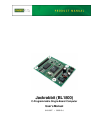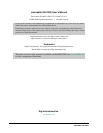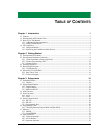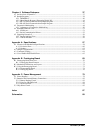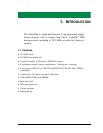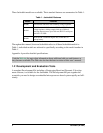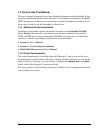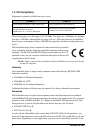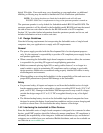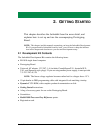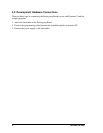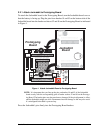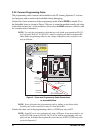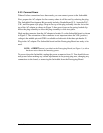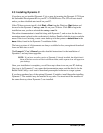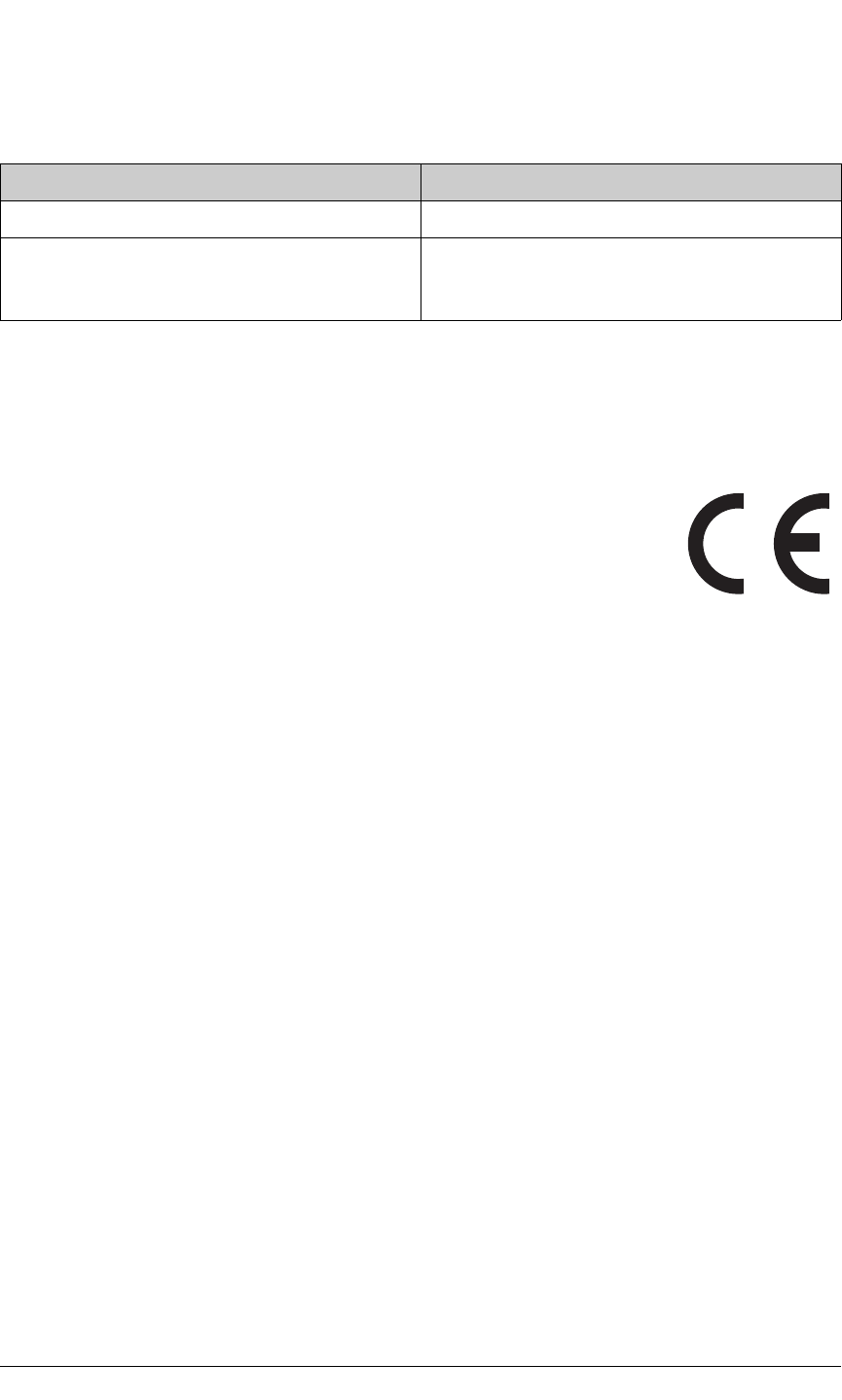
4 Jackrabbit (BL1800)
1.4 CE Compliance
Equipment is generally divided into two classes.
These limits apply over the range of 30–230 MHz. The limits are 7 dB higher for frequen-
cies above 230 MHz. Although the test range goes to 1 GHz, the emissions from Rabbit-
based systems at frequencies above 300 MHz are generally well below background noise
levels.
The Jackrabbit single-board computer has been tested and was found to
be in conformity with the following applicable immunity and emission
standards. The BL1810 and BL1820 single-board models are also CE
qualified as they are sub-versions of the Jackrabbit. Boards that are CE-
compliant have the CE mark.
NOTE: Earlier versions of the Jackrabbit sold before 2002 that do not have the CE mark
are not CE-complaint.
Immunity
The Jackrabbit series of single-board computers meets the following EN55024/1998
immunity standards.
• EN61000-4-3 (Radiated Immunity)
• EN61000-4-4 (EFT)
• EN61000-4-6 (Conducted Immunity)
Additional shielding or filtering may be required for a heavy industrial environment.
Emissions
The Jackrabbit series of single-board computers meets the following emission standards
with the Rabbit 2000 spectrum spreader turned on and set to the normal mode. The spectrum
spreader is only available with Rev. C or higher of the Rabbit 2000 microprocessor. This
microprocessor is used in all Jackrabbit series boards that carry the CE mark.
• EN55022:1998 Class B
• FCC Part 15 Class B
In order for the Jackrabbit boards to meet these EN55022:1998 Class B standards, you
must add ferrite absorbers to the serial I/O cables used for RS-232 and RS-485 serial com-
munication. Depending on your application, you may need to add ferrite absorbers to the
CLASS A CLASS B
Digital equipment meant for light industrial use Digital equipment meant for home use
Less restrictive emissions requirement:
less than 40 dB µV/m at 10 m
(40 dB relative to 1 µV/m) or 300 µV/m
More restrictive emissions requirement:
30 dB µV/m at 10 m or 100 µV/m



